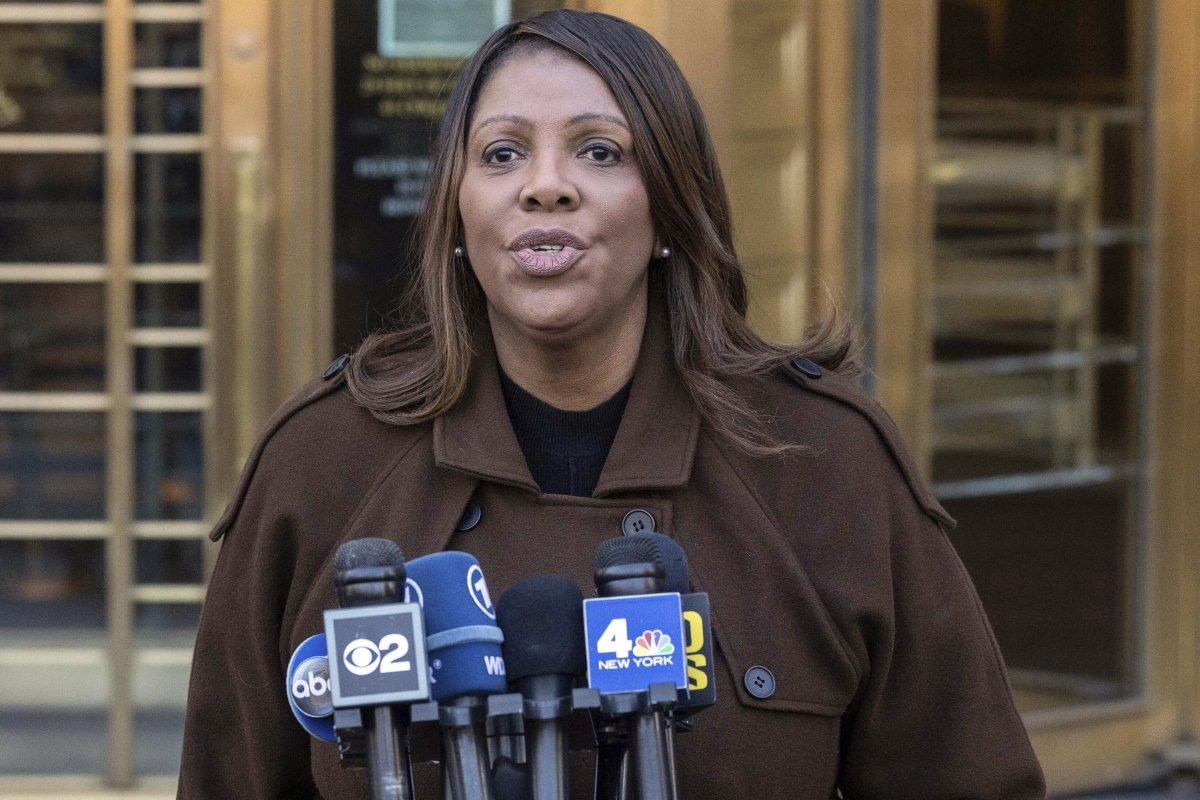The question of whether New York Attorney General Letitia James should face an FBI investigation for alleged mortgage fraud has sparked intense debate, fueled by a criminal referral from the Trump administration. On May 8, 2025, reports emerged that the FBI and the U.S. Attorney’s Office in Albany launched a probe into James’s real estate dealings, following accusations by Federal Housing Finance Agency Director William Pulte. The allegations center on a 2023 mortgage application for a Norfolk, Virginia, property, where James allegedly claimed it as her primary residence despite her New York residency requirement, potentially to secure better loan terms. Additional claims involve misrepresenting a Brooklyn property’s unit count and a 1983 document listing her father as her spouse.

Supporters of the investigation, including Congresswoman Elise Stefanik, argue it’s a matter of accountability. They claim James, who secured a $450 million judgment against Donald Trump for civil fraud in 2024, engaged in similar misconduct by falsifying records. On X, users like @nicksortor and @SamAntar have echoed this, alleging decades of fraudulent filings and calling for justice. Pulte’s referral cites potential wire, mail, and bank fraud, offenses carrying severe penalties. Proponents see the probe as ensuring no one, especially a public official, is above the law, particularly given James’s high-profile role.
Critics, including James and her attorney Abbe Lowell, denounce the investigation as political retribution. James called the allegations “baseless” on NY1, framing them as a “revenge tour” for her legal actions against Trump. Lowell argues Pulte cherry-picked a mistaken power-of-attorney document, ignoring James’s clear statement that the Virginia property was her niece’s residence. He also refutes claims about the Brooklyn property, citing records confirming its four-unit status. On X, @NEWSMAX noted James’s pushback against what her team calls a politically motivated referral. Over 150 former judges and legal experts, like former prosecutor Neama Rahmani, warn that such probes risk chilling independent legal action against powerful figures.
The investigation’s timing—amid Trump’s second term and James’s ongoing lawsuits against his policies—heightens suspicions of bias. The Justice Department’s silence and the lack of formal charges keep the probe’s outcome uncertain. Legal analysts note that mortgage application errors are common and rarely lead to criminal charges unless intent to defraud is proven. Historical cases, like Marilyn Mosby’s 2024 conviction for mortgage fraud, involved clearer financial gain, unlike James’s case, where benefits remain speculative.
Should you support the investigation? If you prioritize equal application of the law, you might back it, provided evidence substantiates the claims. However, if you value protecting public officials from politically driven attacks, you might oppose it, seeing it as an attempt to undermine James’s credibility. The truth likely hinges on whether intent can be proven—a high bar. For now, the debate underscores broader tensions between accountability and political weaponization, with James’s fate tied to the unfolding evidence.






